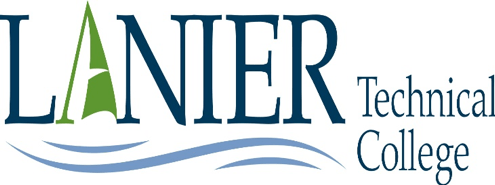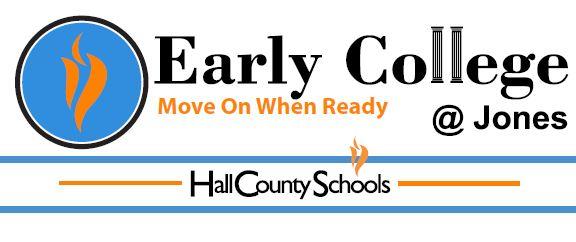
Borneo
Counselor's Corner


Dual Enrollment
CBHS Student Services has a step-by-step process for applying for dual enrollment. Mrs. Purdy is happy to help if you have questions or get stuck on a step. beth.purdy@hallco.org
Please note: It is the student’s responsibility to make sure all applications, forms, and required documents are submitted by the college’s deadline. Please be aware of deadlines and give yourself plenty of time.
 |
Deadline – March 15 |
Complete the GA Futures funding application to ensure the classes are paid for
***This application must be submitted every semester!
 |
LTC Application Info |
*Please do not provide or send an email from your high school student email account to Lanier Technical College. Emails between high school student email accounts and Lanier Technical College may not be received. *
**Please add dualenrollment@laniertech.edu to the safe sender list in your personal email account so communication and information arrives without potential issue or delay!**

Professors do not communicate or check in with counselors or parents
**Class offerings may change from semester-to-semester
Beth Purdy, Graduation Coach beth.purdy@hallco.org
| GA Futures DE Info: https://www.gafutures.org/hope-state-aid-programs/scholarships-grants/move-on-when-ready/application-procedure-and-deadline/ |
| Approved Course List: https://apps.gsfc.org/SecureNextGen/dsp_accel_course_listings.cfm |
| Early College at Jones: http://www.earlycollegehallco.org/ |
| LT DE: https://www.laniertech.edu/dual-enrollment/dual-enrollment-appointments/ |
| UNG DE: http://ung.edu/undergraduate-admissions/dual-joint-enrollment.php |
